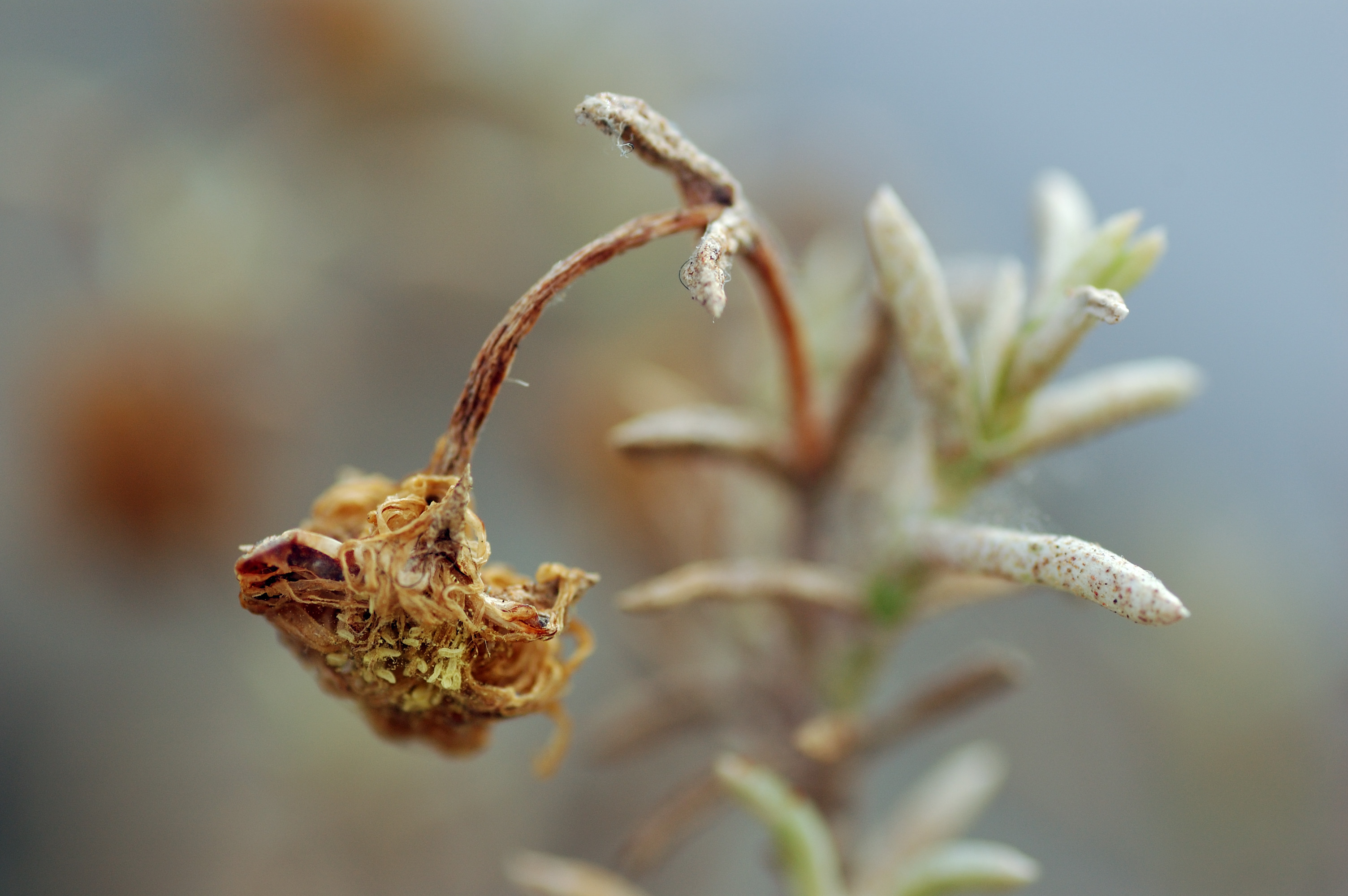In a world that constantly seeks innovative solutions to pressing environmental challenges, an age-old practice takes center stage in our own backyard: composting. As the sun casts its warm embrace over our flourishing gardens, we embark on a journey to discover the invaluable role composting plays in nurturing our homegrown paradise. From transforming kitchen scraps into “black gold” to enhancing soil fertility, composting unveils a hidden world of magic and sustainability beneath our very feet. Today, we invite you to delve into the enchanting realm of composting, where discarded remnants bloom into bountiful crops and nature’s harmony thrives. So grab your gardening gloves and prepare to witness the extraordinary power of composting firsthand.

The Magic of Decay: Unleashing Nature’s Recycling Power for Maximum Garden Growth

Lush, flourishing gardens are a testament to the wonders of nature. But have you ever considered the hidden magic of decay? Mother Earth’s remarkable recycling system plays a vital role in maximizing garden growth. By harnessing the power of decomposition, you can transform organic waste into nutrient-rich compost, enhancing soil fertility. Embrace fallen leaves, kitchen scraps, and plant trimmings as bountiful resources that nourish your garden, reduce waste, and promote sustainable practices. Witness the enchantment of decomposition as it breathes new life into your plants and creates a harmonious cycle of growth.
Dialing in the Perfect Recipe: Tips and Tricks to Optimize Composting for Home Gardens

Maximizing Your Composting Efforts
- Balance your compost with a mix of brown materials (like dried leaves) and green materials (such as kitchen scraps).
- Chop or shred larger items to accelerate decomposition.
- Ensure adequate moisture by sprinkling water occasionally to prevent dryness.
- Turn your compost pile regularly to aerate it, promoting faster breakdown.
- Be mindful of the temperature, aiming for a range of 110-160°F (43-71°C) for optimal decomposition.
- Avoid adding meat, dairy, or oily items to prevent odors and attract pests.
Troubleshooting Common Composting Issues
- If your compost smells bad, it may be too wet or contain too much nitrogen. Add dry, carbon-rich materials to balance it out.
- If your compost is not decomposing, assess its water content and mix in more green materials to provide nitrogen.
- For a faster composting process, consider using a compost accelerator or adding earthworms (vermicomposting).
In Conclusion about The Role of Composting in Home Gardening.
In conclusion, composting is a captivating journey for both experienced gardeners and those starting out. It is a testament to the extraordinary power of nature, transforming humble kitchen scraps and garden trimmings into a dark, nutrient-rich elixir for our beloved plants. As we have explored the ins and outs of composting in home gardening, we have discovered how this seemingly magical process nourishes our soil, fosters biodiversity, and contributes to sustainable living.
By embracing composting, we invite a harmonious synergy between our gardens and the natural world. We reduce waste, minimize our environmental footprint, and unlock the secrets of a thriving garden. The act of creating compost becomes a celebration of life’s interconnectedness, as we witness the cycle of growth, decay, and rebirth unfold before our very eyes.
While the benefits of composting in home gardening extend far and wide, it is not without its challenges. Patience, commitment, and a willingness to learn are essential ingredients in this endeavor. As we strive to strike the perfect balance of green and brown materials, air and moisture, we become stewards of the Earth, listening to the rhythm of the compost pile and adapting our practices accordingly.
So, fellow gardeners, let us embark on this composting adventure together. Let us wield our pitchforks and turn, mix, and tend to our compost piles with curiosity and care. Let us bask in nature’s wisdom, as it transforms our daily kitchen scraps into the lifeblood of our gardens. And, above all, let us remember that in composting, we not only nourish our plants but also nourish our souls.
So, go forth and join the ranks of composting gardeners, and may your gardens flourish with abundance and vitality.
